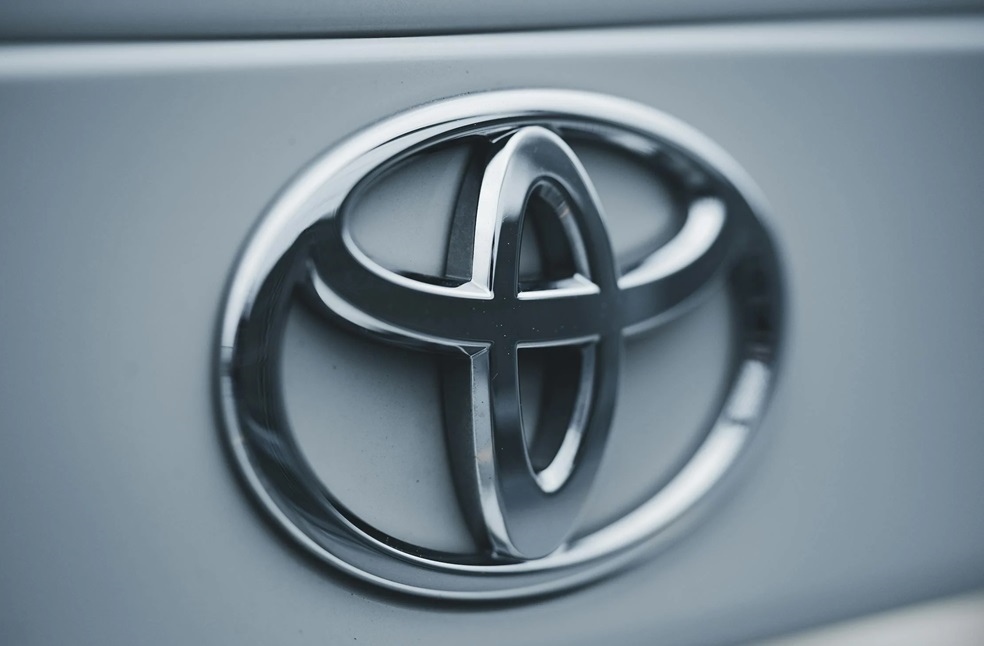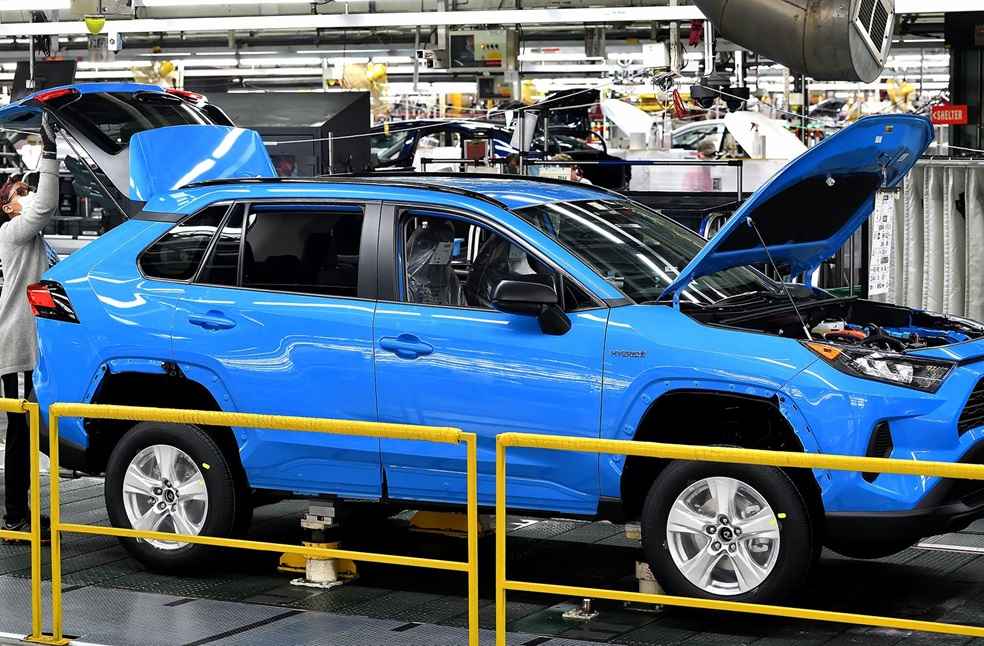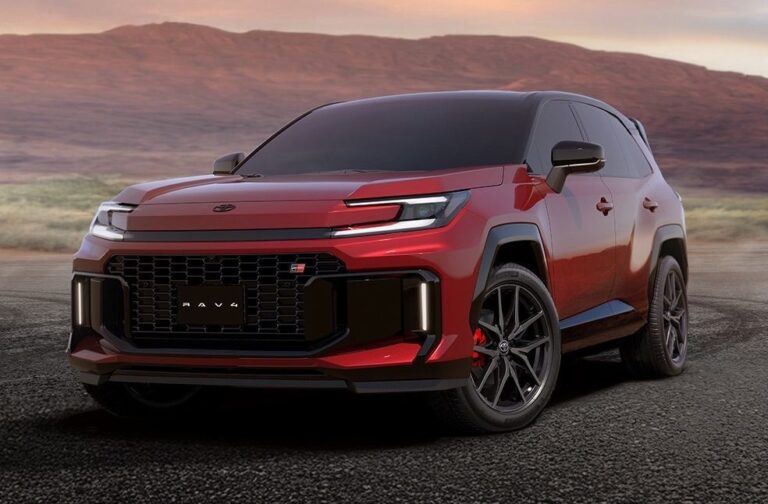Toyota Motor Manufacturing Canada (TMMC) is preparing its facilities in Ontario to produce the next-generation RAV4 by installing new battery pack assembly lines.
According to Automotive News Canada, Toyota is introducing a significant expansion to its Canadian manufacturing with the debut of the all-new RAV4 earlier this spring. The company facilities in Cambridge and Woodstock, Ontario, will now handle the final battery assembly for the hybrid powertrain in the next-generation RAV4.
Scott MacKenzie, director of corporate and external affairs at TMMC and Toyota Canada, described the shift to in-house battery assembly for the Southwestern Ontario plants. Previously, the facilities received fully assembled batteries that were installed directly into hybrid vehicles.

Workers at Toyota’s Cambridge and Woodstock plants are reconfiguring plant floors to accommodate new battery pack assembly lines. Both facilities currently produce the latest generation RAV4 but are scheduled for upgrades later this year to prepare for the 2026 model, which will mark the sixth generation of Toyota’s top-selling vehicle in Canada.
Toyota Motor Manufacturing Canada produced 274,075 units of the gasoline-powered and hybrid RAV4 models combined in 2024, with the majority destined for export markets. Since the gasoline-only version is being phased out, the Canadian plants will need an increased battery supply to support expanded hybrid production.

Toyota has confirmed that the transition in production will not affect staffing levels, with the company retaining its 8,500-strong workforce. Although the added battery assembly step is expected to increase the workload, the company anticipates gains in overall production efficiency throughout its operations.
Toyota has recently inaugurated a US$14-billion battery facility in North Carolina—the company’s first dedicated battery plant outside Japan. Its initial output was shipped to Toyota’s Kentucky plant, which produces battery cells for the Camry Hybrid. These same cells will also supply Ontario assembly lines, where they’ll be assembled into modules and then built into full battery packs for vehicle production.
AUTO TECH | Volvo Cars Selects Tata Technologies as Strategic Supplier





